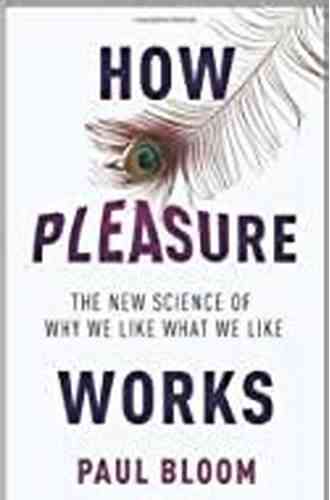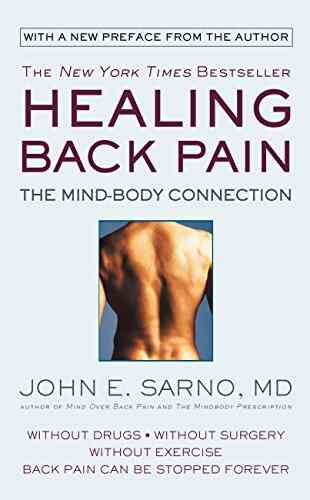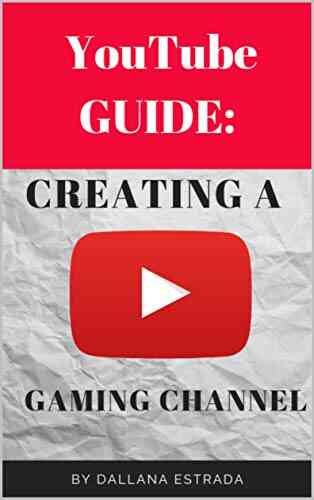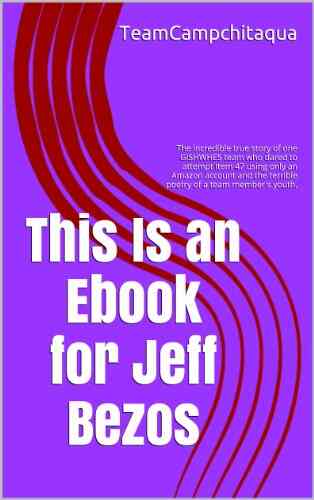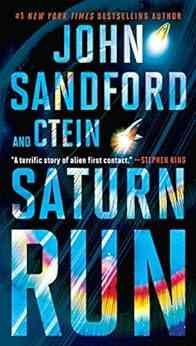The New Science Of Why We Like What We Like

Have you ever wondered why certain things appeal to us more than others? From food to music to art, the preferences we have are deeply rooted in our biology and psychology. In recent years, scientists have been studying the science behind what we like and why. This new field of research has shed light on the intricate mechanisms that influence our preferences and has even challenged some longstanding beliefs. Join us on a journey into the fascinating world of the science of liking.
The Importance of Understanding Our Preferences
Before we delve into the science, let's take a moment to understand why understanding our preferences is essential. Our preferences dictate our choices and decisions in many aspects of life. Whether it's choosing a meal, selecting a book to read, or deciding on a career path, what we like greatly influences our actions. By studying the science behind our preferences, researchers aim to help us make more informed decisions, improve marketing strategies, and enhance overall well-being.
The Role of Biology
One of the fundamental factors in determining what we like is biology. Our genetic makeup plays a significant role in shaping our preferences. Recent studies have shown that specific genetic variations can make certain individuals more prone to enjoy certain activities or tastes. For example, some people may have a genetic predisposition to enjoy spicy foods or to be more inclined towards adventurous activities.
4.1 out of 5
| Language | : | English |
| File size | : | 475 KB |
| Text-to-Speech | : | Enabled |
| Screen Reader | : | Supported |
| Enhanced typesetting | : | Enabled |
| Word Wise | : | Enabled |
| Print length | : | 247 pages |
Furthermore, our brain chemistry also influences our preferences. Neurotransmitters and hormones, such as dopamine and serotonin, play a crucial role in our pleasure and reward systems. These chemical messengers are responsible for the euphoria we experience when engaging in activities we enjoy, and they can greatly affect our liking for certain stimuli.
The Power of Experience
While biology sets the stage, our experiences and environment also have a significant impact on our preferences. Our upbringing, culture, and social influences shape our likes and dislikes. Studies have shown that exposure to certain stimuli at an early age can lead to the development of long-lasting preferences. For instance, if someone grows up in a household with a strong passion for classical music, they are more likely to develop a liking for this genre later in life.
Additionally, our personal experiences and memories can either reinforce or change our preferences. Emotional experiences, such as associating certain foods with happy memories, can lead to a strong emotional attachment and preference for those foods.
Breaking Stereotypes and Challenging Assumptions
The emerging field of the science of liking has challenged several longstanding assumptions. For instance, the notion that our preferences are fixed and unchangeable has been debunked. Researchers have discovered that our preferences can evolve and change over time, suggesting that we have greater control over what we like than previously thought.
Furthermore, it has been found that our preferences are often not as individualistic as we believe. Our liking for certain things can often be influenced by social conformity and a desire to fit in with our peers. This revelation highlights the importance of understanding the social dynamics that affect our preferences and decision-making processes.
The Future Implications
As the science of liking continues to evolve, the implications for various industries become increasingly evident. Marketing professionals can utilize these findings to develop more targeted and effective advertising campaigns. By understanding the factors that drive consumer preferences, businesses can tailor their products and services to better suit their target audience's needs and desires.
Moreover, the science of liking has the potential to revolutionize fields such as healthcare and education. By understanding what motivates individuals and what they enjoy, healthcare providers can design personalized treatment plans that maximize patient satisfaction and adherence. Similarly, educators can utilize this knowledge to create engaging learning experiences that cater to students' preferences, leading to improved knowledge retention and academic success.
The science of liking offers us invaluable insights into the complex mechanisms behind our preferences. It highlights the interplay between genetics, experiences, and social factors that shape what we like. As this field continues to advance, we can expect a deeper understanding of our preferences, leading to more personalized experiences and enhanced well-being. So next time you find yourself drawn to something, take a moment to appreciate the intricate science behind why you like what you like.
4.1 out of 5
| Language | : | English |
| File size | : | 475 KB |
| Text-to-Speech | : | Enabled |
| Screen Reader | : | Supported |
| Enhanced typesetting | : | Enabled |
| Word Wise | : | Enabled |
| Print length | : | 247 pages |
"Engaging, evocative…[Bloom] is a supple, clear writer, and his parade of counterintuitive claims about pleasure is beguiling." —NPR
Why is an artistic masterpiece worth millions more than a convincing forgery? Pleasure works in mysterious ways, as Paul Bloom reveals in this investigation of what we desire and why. Drawing on a wealth of surprising studies, Bloom investigates pleasures noble and seamy, lofty and mundane, to reveal that our enjoyment of a given thing is determined not by what we can see and touch but by our beliefs about that thing’s history, origin, and deeper nature.
Do you want to contribute by writing guest posts on this blog?
Please contact us and send us a resume of previous articles that you have written.




















Light bulbAdvertise smarter! Our strategic ad space ensures maximum exposure. Reserve your spot today!
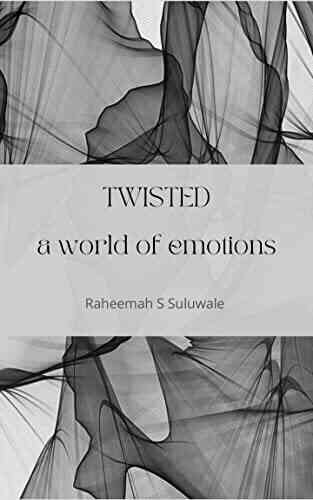
 Henry Wadsworth LongfellowThe Twisted World of Emotions: Unraveling the Complexities That Define Us
Henry Wadsworth LongfellowThe Twisted World of Emotions: Unraveling the Complexities That Define Us Clarence MitchellFollow ·3.7k
Clarence MitchellFollow ·3.7k Avery SimmonsFollow ·3.9k
Avery SimmonsFollow ·3.9k Sean TurnerFollow ·3k
Sean TurnerFollow ·3k William GoldingFollow ·4.2k
William GoldingFollow ·4.2k Holden BellFollow ·3.1k
Holden BellFollow ·3.1k George Bernard ShawFollow ·7k
George Bernard ShawFollow ·7k Fernando BellFollow ·12.9k
Fernando BellFollow ·12.9k Gilbert CoxFollow ·15.2k
Gilbert CoxFollow ·15.2k

 Gage Hayes
Gage HayesUnveiling the Mysterious Terminus Peter Clines - A Master...
In the realm of...

 Andrew Bell
Andrew BellThe Touch Of Death: An Ennin Mystery 17 - Delve into the...
Japanese detective fiction has captivated...

 Damon Hayes
Damon HayesThe Thrilling World of Airborne: Tom Clancy Military...
When it comes to military novels, few authors...
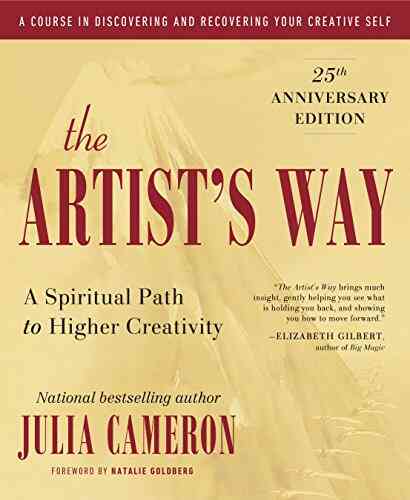
 Steve Carter
Steve CarterThe Artist Way 25th Anniversary Edition: Ignite Your...
Do you feel a burning desire to express...
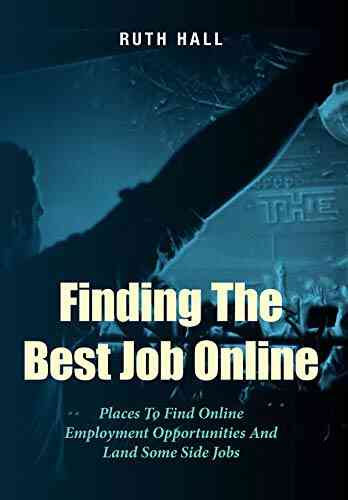
 Eugene Scott
Eugene ScottTop 10 Websites Offering Lucrative Side Jobs For Those...
Welcome to the world of freelance work and...
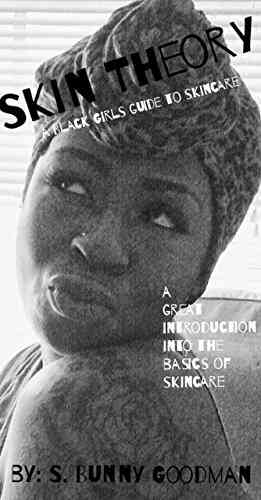
 Evan Hayes
Evan HayesThe Ultimate Black Girls Guide To Skin Care: Achieving...
For women of color, especially...

 Hank Mitchell
Hank MitchellMarried To The Alien Doctor Renascence Alliance: A Love...
Have you ever fantasized about what it...

 Brenton Cox
Brenton CoxDiscover the Enchanting World of My Surly Heart Poems by...
Have you ever been captivated by the...

 Chuck Mitchell
Chuck MitchellFrom Storm And Shadow Part Stormfae: A Thrilling Tale of...
HTML Format: Prepare yourself to...

 Deacon Bell
Deacon BellThe Extraordinary Story of Richard Sharpe And The...
In the annals of military history, few men...
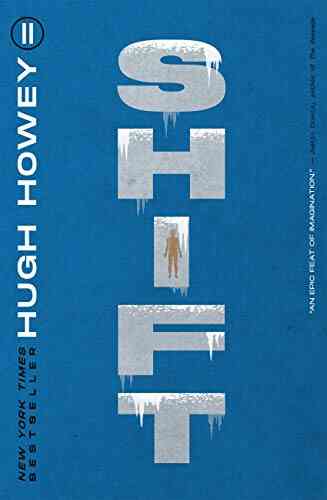
 Devon Mitchell
Devon MitchellShift Silo Trilogy - A Captivating Journey into Hugh...
When it comes to...

 Gene Simmons
Gene SimmonsSnake IV Original Grace Gary Lemons
Snakes are fascinating...
4.1 out of 5
| Language | : | English |
| File size | : | 475 KB |
| Text-to-Speech | : | Enabled |
| Screen Reader | : | Supported |
| Enhanced typesetting | : | Enabled |
| Word Wise | : | Enabled |
| Print length | : | 247 pages |


